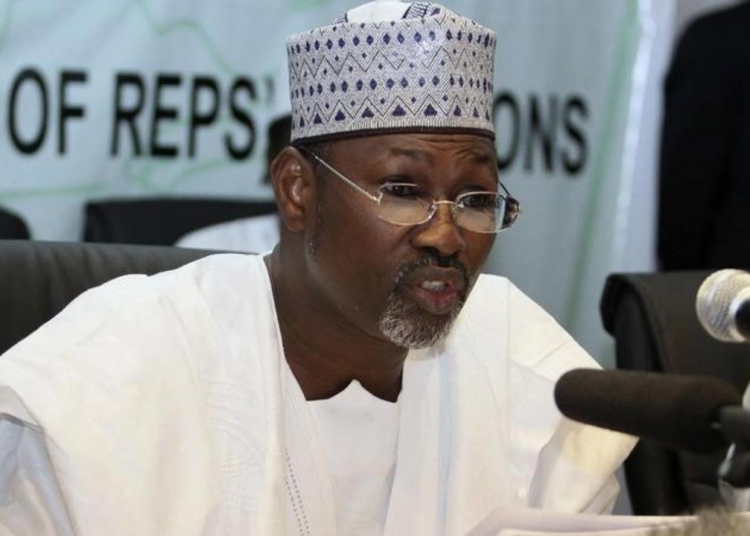Professor Attahiru Jega, former Chairman of the Independent National Electoral Commission (INEC), issued a stark warning about Nigeria’s future at a recent convocation lecture. He declared that the country is in a “failing state” and urged leaders and citizens to take action to prevent “the worst” from happening.
Jega, on Saturday, while addressing the audience in a lecture he delivered during the convocation ceremony of the Bauchi State University, Gadau (BASUG), stressed the need for restructuring the Nigerian federation. He argued for a “rational, evidence-based process” of devolution, granting more power and resources to states and local governments. This, he believes, would reduce the overconcentration of power and resources at the federal level, which he sees as a key factor in Nigeria’s current challenges.
“Our leaders in leadership positions, between now and 2027, we need to put our heads together and have a rational, evidence-based process of restructuring the Nigerian federation, and to my mind, the major thing we need to do is devolve power and resources from the federal to the state and local governments,” Jega said at the event themed, ‘Safeguarding Nigeria’s future: Prioritising citizen’s welfare and security amidst challenges’
“Even if all we do is go back to the way power was distributed in the 1963 Constitution, we should do that but I think we should even go beyond that because we need to reduce the power of the Federal Government. In fact, that power of the Federal Government, in which whoever is elected president controls virtually all the resources, beheads the reality.
“There is fear that if more resources go to the states and local governments, given what we see in Nigeria now, many people are afraid that it cannot solve the problems, but my own thinking is that the more power and resources in the state and local governments the less attractive the federal becomes. Then, the more people will concentrate in terms of bringing appropriate reforms and development. It is very important we truly address these issues.”
Jega also criticized the high cost of governance in Nigeria, accusing the executive arm at both federal and state levels of reckless spending. He called for constitutional amendments to tackle this issue and emphasized the need for cultural change to address the “profligacy” within the political system.
“In addition to that, they have raised the cost of governance in such a way that it is a serious challenge that can put Nigeria in jeopardy,” he added.
While acknowledging concerns about resource mismanagement at the state and local levels, Jega believes that increased autonomy would ultimately lead to better governance and development. He argued that a less attractive federal government would incentivize states to focus on internal reforms and development.
Jega emphasised the need for constitutional amendments, particularly on policy decisions to cut the cost of governance.
He said, “I am saying this because it appears there is now a movement of some elite pushing for the return of the parliamentary system. I think it is a terrible thing to happen. You started with parliamentary system, you moved to presidential, you are not doing it well, and you think the solution is to go back to parliamentary system.
“The problem is we have a presidential system and it is a coagulated presidential system, one that is not taking the best practices of other presidential systems in the world and it is important we pay attention to this.
“I don’t believe Nigeria is a failed state but we must realise that Nigeria is a failing state and if we put it in jeopardy and don’t safeguard it then the worst can happen.”
Jega further emphasized the need to diversify the Nigerian economy beyond its dependence on oil. He called for increased agricultural productivity, a focus on agro-allied industries, and the creation of opportunities for the nation’s large youth population.





